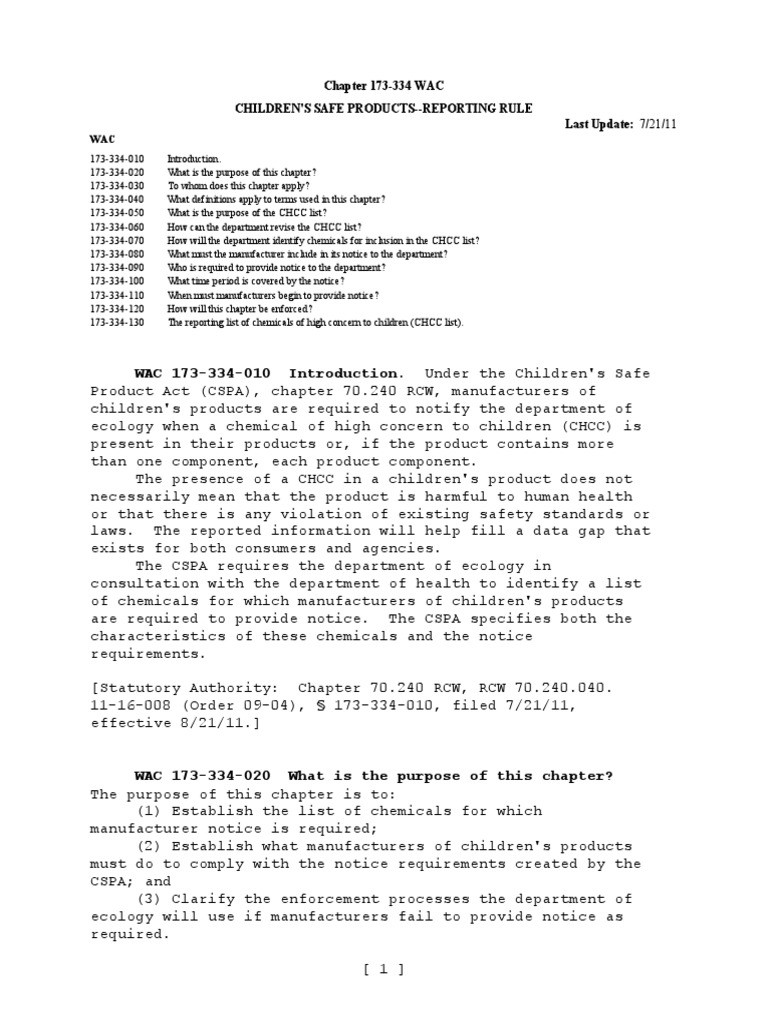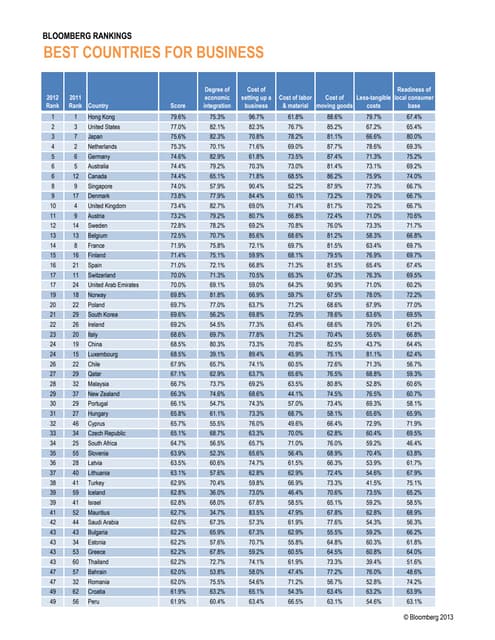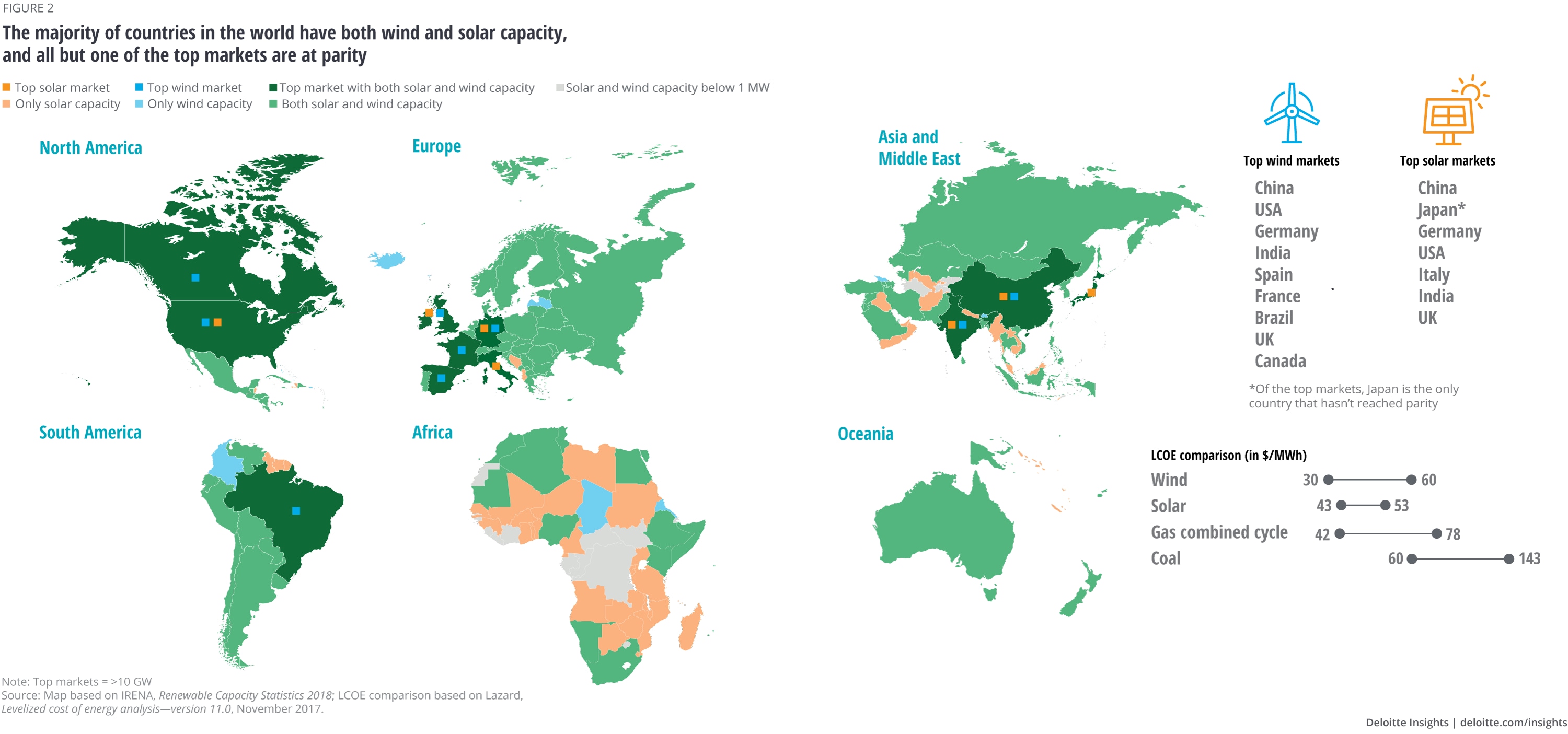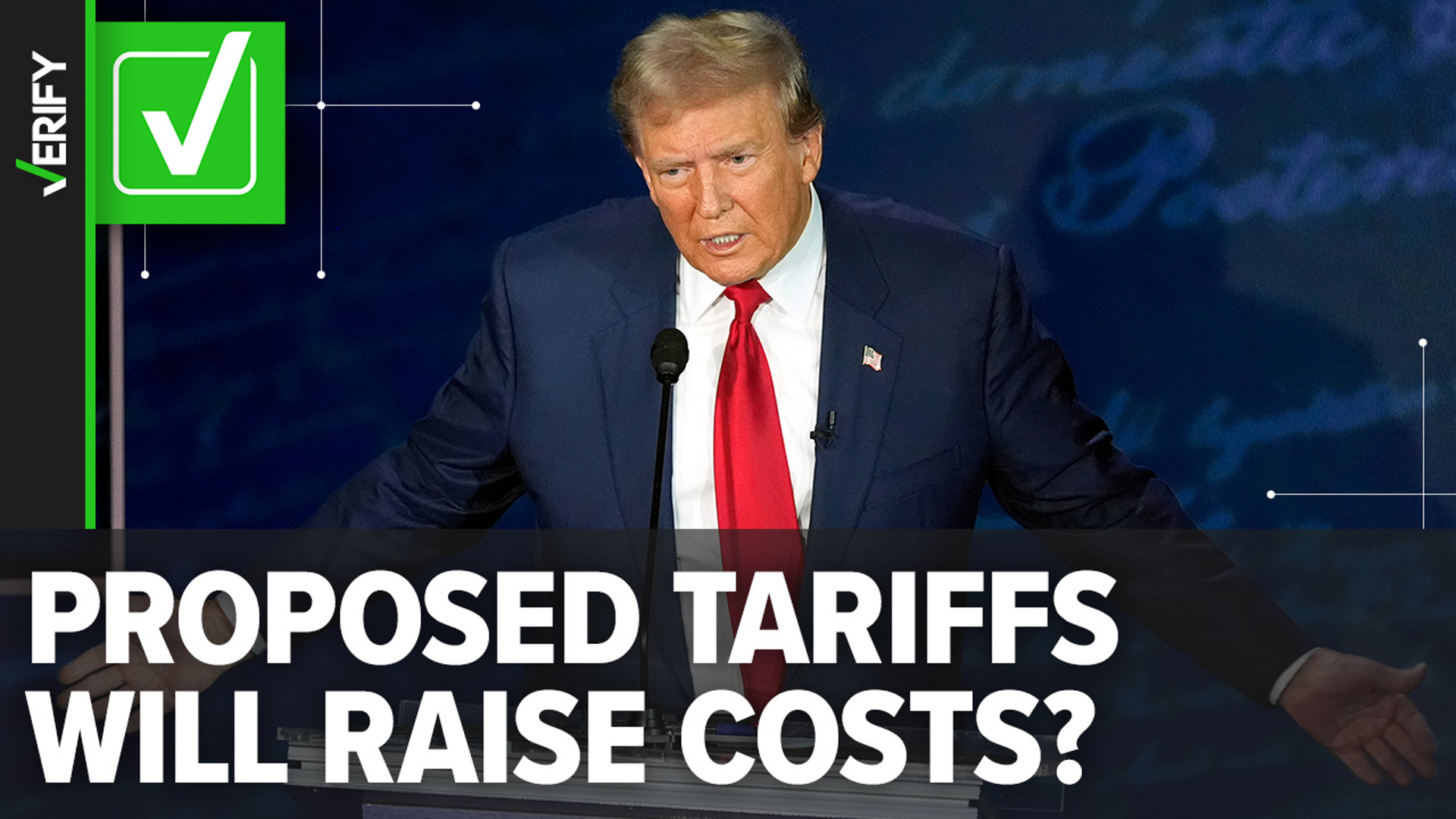Legal Battle: EBay, Banned Chemicals, And The Limits Of Section 230

Table of Contents
Understanding Section 230 of the Communications Decency Act
Section 230 of the Communications Decency Act of 1996 is a cornerstone of internet law in the United States. It grants immunity to online platforms from liability for user-generated content. This means that websites and online marketplaces like eBay are generally not held responsible for what their users post or sell. However, this protection is not absolute. It hinges on the platform acting in “good faith” to moderate content—a term that has been the subject of much debate and legal interpretation.
The ongoing discussion surrounding Section 230 centers on its intended purpose: to foster free expression online while balancing the need to protect users from harmful content. Some argue that Section 230 has become too broad, shielding platforms from accountability for illegal activities. Others maintain that it's essential for preserving the free and open nature of the internet.
- Definition of Section 230: Provides immunity to online service providers from liability for content created by their users.
- Key provisions related to immunity from liability: Shields platforms from being treated as publishers or speakers of user-generated content.
- Examples of how Section 230 has been interpreted in previous cases: Cases involving hate speech, defamation, and intellectual property infringement have tested the boundaries of Section 230.
- Arguments for and against reforming Section 230: Reform proposals range from clarifying the “good faith” requirement to imposing stricter liability standards on platforms.
eBay's Role and Policies Regarding Banned Chemicals
eBay maintains policies prohibiting the sale of numerous restricted items, including a wide range of banned chemicals. These policies aim to prevent the sale of dangerous substances that could pose risks to public health and safety. eBay employs various methods to detect and remove listings of such items, including:
- Examples of banned chemicals sold on eBay: This can range from precursors used in illicit drug production to highly toxic industrial chemicals.
- Description of eBay's proactive measures: eBay uses keyword filtering, automated systems that scan listings for prohibited terms, and image recognition technology.
- eBay's reactive measures: The company relies on user reports to flag suspicious listings and takes down items that violate its policies. It also pursues legal action against sellers who repeatedly violate its rules.
- Effectiveness of eBay's current policies: The effectiveness of these policies is central to the legal battle. Plaintiffs argue that eBay's measures are insufficient, while eBay contends that it actively works to prevent the sale of banned chemicals.
The Legal Arguments and Precedents
The legal arguments in this case revolve around whether eBay's efforts to prevent the sale of banned chemicals constitute "good faith" moderation under Section 230. Plaintiffs argue that eBay’s policies are inadequate, and that the platform bears responsibility for the harm caused by the sale of these restricted substances. They point to specific instances where banned chemicals were sold on the platform despite eBay’s policies.
eBay’s defense likely rests on demonstrating that it has taken reasonable steps to comply with its policies and remove prohibited items. They will cite their proactive and reactive measures, highlighting the challenges in policing a massive online marketplace.
- Plaintiffs' claims and supporting evidence: Documentation of sales of banned chemicals, evidence of harm caused by these sales, and arguments on the insufficiency of eBay's policies.
- eBay's defense and legal strategy: Demonstrating the effectiveness of their policies, highlighting the scale of the platform and the challenges of complete enforcement, and arguing for the application of Section 230 immunity.
- Relevant case law cited by both sides: Precedents involving online platforms and liability for user-generated content will be crucial.
- Potential outcomes of the lawsuit: The outcome could clarify the boundaries of Section 230, impacting the responsibilities of online marketplaces in regulating the sale of dangerous goods.
Implications for E-commerce and Online Marketplaces
This case carries significant implications for the broader e-commerce ecosystem. The outcome will impact how online marketplaces regulate the sale of restricted goods, influencing policies across various platforms. The challenge is balancing free speech principles with the need to protect consumers from harm.
- The role of online marketplaces in regulating the sale of dangerous products: The legal precedent set by this case will determine the extent of the responsibility online platforms bear.
- The challenge of balancing free speech with the need to protect consumers: This is a central tension in online regulation.
- Potential future legislation impacting online marketplaces: The case could spark calls for legislative changes to clarify platform responsibilities or revise Section 230.
- The impact on small businesses selling on these platforms: Changes in platform policies or legal frameworks could significantly impact small businesses that rely on online marketplaces.
Conclusion: eBay, Section 230, and the Future of Online Sales
The legal battle surrounding eBay and the sale of banned chemicals highlights the complexities of online marketplace regulation and the ongoing debate surrounding Section 230. The central question—does Section 230 provide sufficient immunity for platforms in cases involving the sale of prohibited goods?—is critical for shaping the future of e-commerce. The court's decision will have far-reaching implications for legal interpretations of Section 230 and the responsibilities of online marketplaces in ensuring the safety of their platforms. This case will significantly influence online marketplace regulation, e-commerce law, digital safety, product liability, and the ongoing discussion regarding Section 230 reform. Stay informed about this ongoing legal battle and its impact on the future of eBay, Section 230, and the online sales of potentially harmful products. Further research into the legal arguments, relevant case law, and potential legislative responses is encouraged.

Featured Posts
-
 T Mobile Fined 16 Million For Repeated Data Breaches
Apr 28, 2025
T Mobile Fined 16 Million For Repeated Data Breaches
Apr 28, 2025 -
 Identifying The Countrys Next Big Business Areas
Apr 28, 2025
Identifying The Countrys Next Big Business Areas
Apr 28, 2025 -
 Investment Opportunities Mapping The Countrys Business Hotspots
Apr 28, 2025
Investment Opportunities Mapping The Countrys Business Hotspots
Apr 28, 2025 -
 Signs Your Silent Divorce Is Unfolding Recognizing The Warning Signals
Apr 28, 2025
Signs Your Silent Divorce Is Unfolding Recognizing The Warning Signals
Apr 28, 2025 -
 Chinas Tariff Exemptions Some Us Products Get A Break
Apr 28, 2025
Chinas Tariff Exemptions Some Us Products Get A Break
Apr 28, 2025
Latest Posts
-
 Devin Williams Implodes Leading To Yankees Defeat Against Blue Jays
Apr 28, 2025
Devin Williams Implodes Leading To Yankees Defeat Against Blue Jays
Apr 28, 2025 -
 Another Blown Save Devin Williams And The Yankees Loss To The Blue Jays
Apr 28, 2025
Another Blown Save Devin Williams And The Yankees Loss To The Blue Jays
Apr 28, 2025 -
 Yankees Fall Short Devin Williams Struggles Against Blue Jays
Apr 28, 2025
Yankees Fall Short Devin Williams Struggles Against Blue Jays
Apr 28, 2025 -
 Williams Meltdown Hands Yankees Another Defeat Against Blue Jays
Apr 28, 2025
Williams Meltdown Hands Yankees Another Defeat Against Blue Jays
Apr 28, 2025 -
 Devin Williams Implosion Dooms Yankees In Loss To Blue Jays
Apr 28, 2025
Devin Williams Implosion Dooms Yankees In Loss To Blue Jays
Apr 28, 2025
